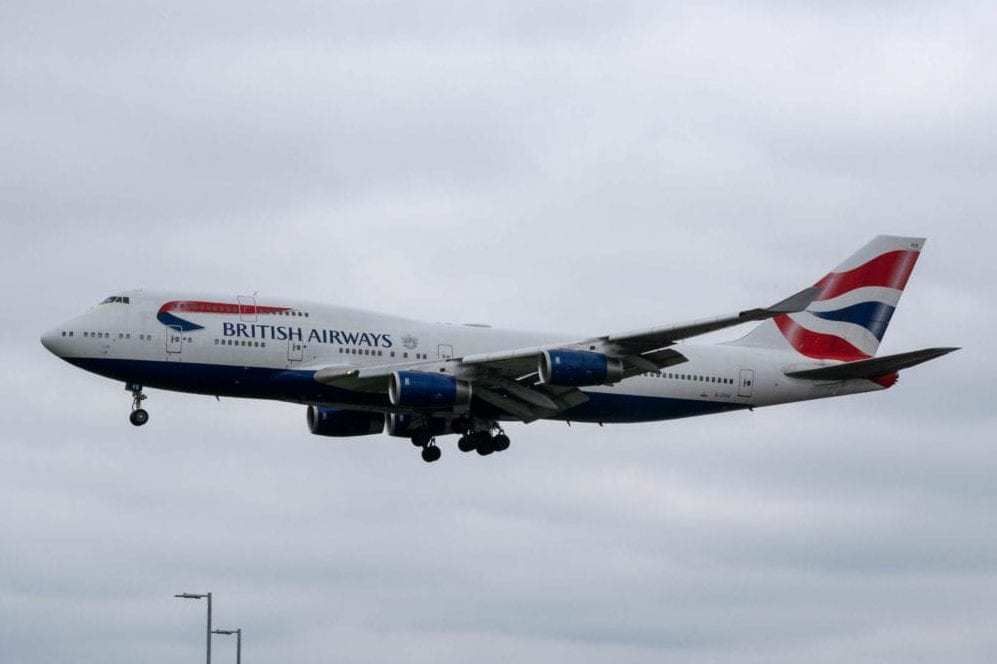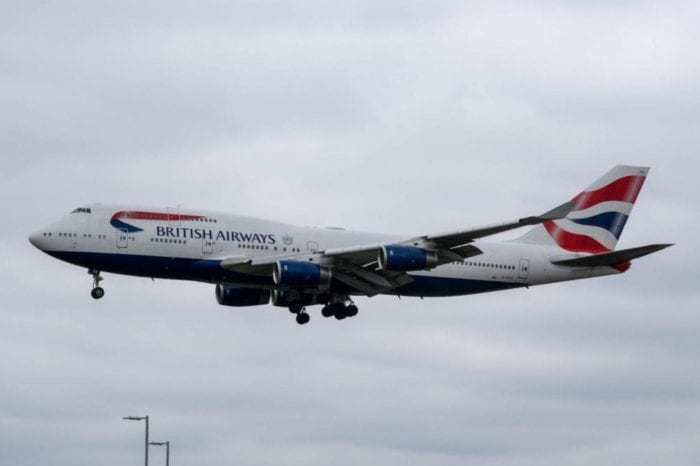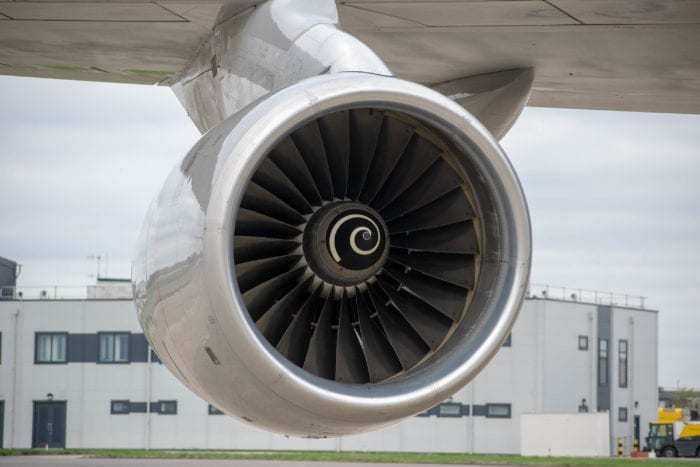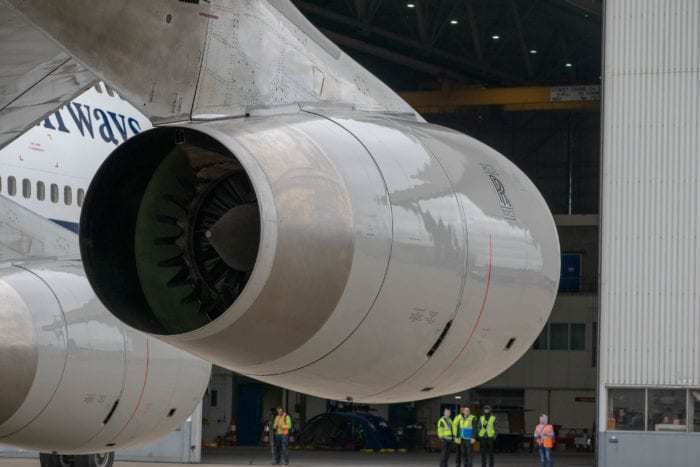According to the Evening Standard among others, British Airways is facing a class action claim from employees. The reason for the claim is known as Aerotoxicity. This is reported as a condition that results from regular exposure to toxins coming from the aircraft's engines.
At the centre of the legal case is a pilot called Richard Westgate. Mr Westgate was a pilot for British Airways. In 2012 he passed away in a Dutch hotel room after an overdose of sleeping pills. His family are suing for £500,000 in damages.
What is aerotoxicity?
Aerotoxicity is a process by where regular flyers are gradually exposed to toxins from an aircraft's engines over a long period of time. It is so called as it specifically relates to aircraft, not occurring elsewhere. It is alleged that the toxins come from engine oil and leaking hydraulic fluid. There is currently no clear ruling on the long term effects of aerotoxicity according to the Civil Aviation Authority.
The toxins from the aircraft's engines can supposedly enter the cabin through the bleed air system. The bleed air system is responsible for keeping the cabin of the aircraft pressurised. This is achieved by feeding the compressed air from the engine into the cabin. When this air becomes contaminated, it is known as a fume event.
CAA's stance
The Civil Aviation Authority requires airlines to report fume events within 72 hours of the occurrence. Out of an estimated one million flights per year, the CAA recorded an average of 836 fume events per year. The CAA recognises that these events may cause short term health issues. Despite this, their official stance is "Long term ill health due to any toxic effect from cabin air is understood to be unlikely, although such a link cannot be ruled out."
In an official public statement on the matter, the CAA says "A recent study commissioned by the European Aviation Safety Agency (EASA), which maintains responsibility for approving the safety of aircraft and setting aviation standards for European airlines, concluded that the air quality on flights it tested was similar or better than that observed in normal indoor environments."
The current case
The current case involves the 43-year-old pilot, Mr Westgate. Mr Westgate's family alleges that the aerotoxicity is to blame for the pilot's sleeping pill overdose. Additionally, 93 other cabin crew members are seeking compensation for alleged aerotoxicity.
If the case succeeds, it could set a precedent for more cases of the same nature across the industry. While British Airways was unable to comment to Simple Flying on the matter. However, David Platt, who is representing British Airways said that the airline denies responsibility according to the Evening Standard.
What is your opinion on aerotoxicity? Let us know in the comments down below!




